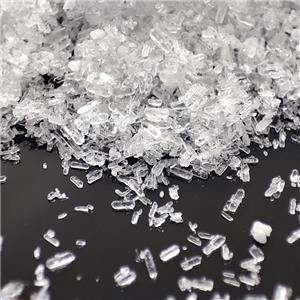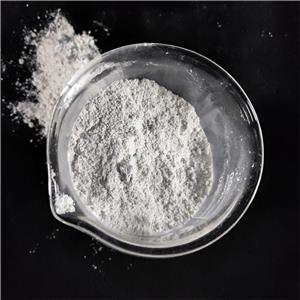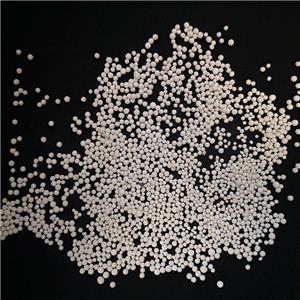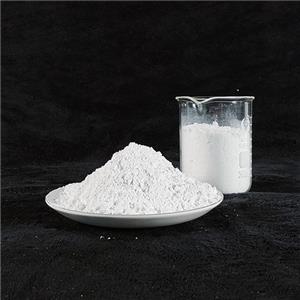The Use of Calcium Carbonate in the Food Industry
Calcium carbonate (CaCO₃) is a widely used compound in the food industry, valued for its safety, versatility, and multifunctional properties. As a naturally occurring mineral, calcium carbonate is extracted from limestone, chalk, or marble and is used as a food additive in various forms, serving multiple purposes in the manufacturing and processing of food products.
1. Calcium Fortification
One of the primary applications of calcium carbonate in the food industry is its use as a source of calcium in fortified foods and beverages. Calcium is an essential nutrient for bone health, muscle function, and other physiological processes. Many food products, such as cereals, bread, plant-based milk (like almond and soy milk), and fruit juices, are fortified with calcium carbonate to meet dietary requirements and promote public health, particularly for populations at risk of calcium deficiency.
2. Acidity Regulation
Calcium carbonate is often used as an acidity regulator (E170) in food products. It helps neutralize excess acidity in items such as sauces, soups, and dairy products, improving their taste and stability. By balancing pH levels, it ensures that foods remain palatable and safe for consumption over their shelf life.
3. Anti-Caking Agent
In powdered or granulated food products, calcium carbonate functions as an anti-caking agent. It prevents clumping and ensures free-flowing properties in products like baking powder, salt, spices, and dry mixes. This characteristic is essential for maintaining product quality and ease of use in food preparation.
4. Bulking Agent
As a bulking agent, calcium carbonate is added to certain food products to increase volume without affecting taste or nutritional content significantly. This is particularly useful in low-calorie or diet products, where manufacturers aim to maintain the desired texture and mouthfeel without increasing the calorie count.
5. Color Enhancer
Calcium carbonate is also used as a white pigment in food products, providing a bright, clean appearance. This is common in items such as candies, chewing gum, or frostings, where aesthetic appeal is important. Its neutral flavor ensures that it does not interfere with the taste of the product.
6. Health and Safety
In addition to its functional roles, calcium carbonate is considered a safe and natural additive. It is non-toxic, inexpensive, and has been approved by food safety authorities worldwide, including the FDA and EFSA. Its natural origin and compatibility with food products make it a preferred choice in the industry.
Examples of Products Using Calcium Carbonate
Calcium carbonate is commonly found in everyday food products such as:
Fortified plant-based milk and orange juice
Baked goods and pastries
Candies, mints, and chewing gum
Processed meats, where it acts as a stabilizer
Snack foods like chips, to improve texture and crunch
Conclusion
In the food industry, calcium carbonate is a vital ingredient that serves various purposes, from fortification and acidity regulation to its role as a bulking agent and anti-caking agent. Its versatility, safety, and affordability make it a popular choice for food manufacturers. Beyond its functional benefits, calcium carbonate also contributes to public health by helping address calcium deficiencies and improving the quality and stability of food products.




